- Learning time
- 40 minutes
- First play time
- 120 minutes
Five Tribes
Designed by: Bruno Cathala
In Five Tribes each player is trying unite the aforementioned tribes in the mythical land of Naqala.
The board is made up of tiles which are dealt randomly at the start of each game, and each tile is randomly populated by wooden people (the tribes) of five different colours.
On your turn you take all the pieces off a tile of your choice, and moving around the board, drop them off one by one. When you reach your destination (ie the tile you drop your final ‘tribe’ on) you collect ALL the pieces of the colour you are ‘dropping off’ and use them to effect a special action – it might be collecting money, or resources, or pieces that score at the end of the game, or assassins, which can be used to help claim more tiles or go after an opponent’s pieces. You also get to use the special action on the tile itself, which again can be about improving your power in the game and/or picking up points towards a win.
It’s not an awfully tricky set of rules, but because of the way the game works it can be tricky working out what to do – your most rewarding move, for instance, may leave too many options open to the next player, so the game is about balancing what’s best for you whilst minimising options for everyone else.
Those who like a thinky game – chess, for instance – will get a lot out of Five Tribes.
The guru's verdict
-
Take That!
Take That!
There's little direct combat, but the Assassins are there to add a bit of spice.
-
Fidget Factor!
Fidget Factor!
Five Tribes works best when everyone plays at the same pace - be it instinctively or a more measured approach. You won't be switching off when it's not your turn, as the other players actions will change the board significantly, but there is a reasonable amount of down-time as the game progresses.
-
Brain Burn!
Brain Burn!
There are a multitude of options open to you, and working out the best one can take time.
-
Again Again!
Again Again!
For those who love a puzzle, Five Tribes has a deep appeal.

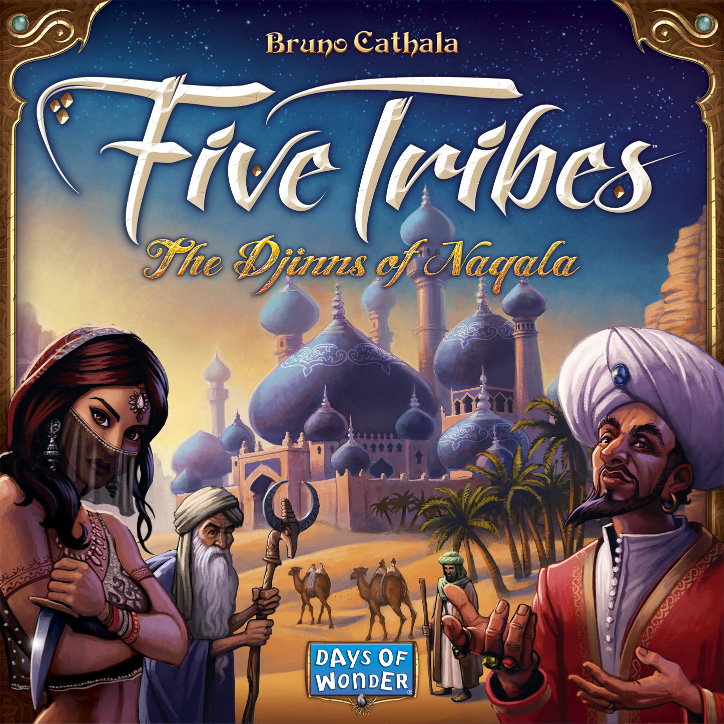
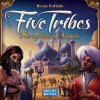
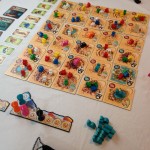
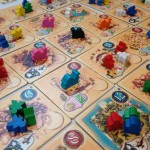
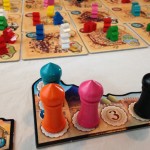
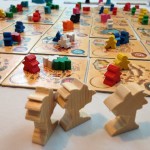
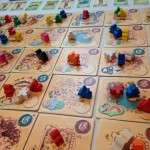
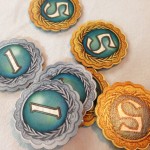
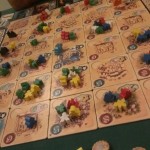
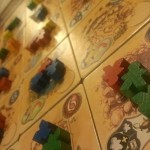
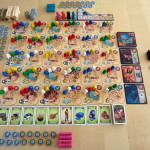
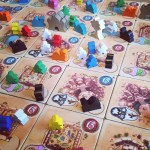
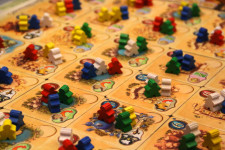
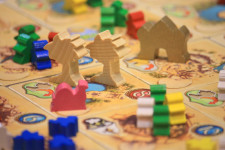
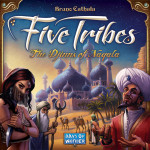

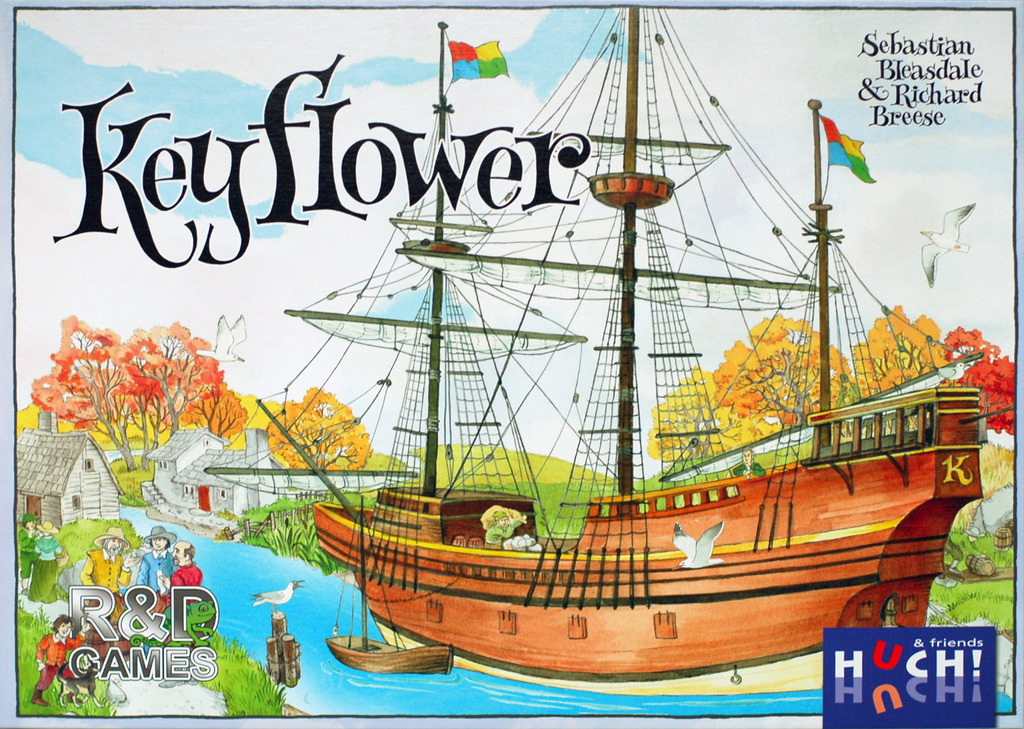
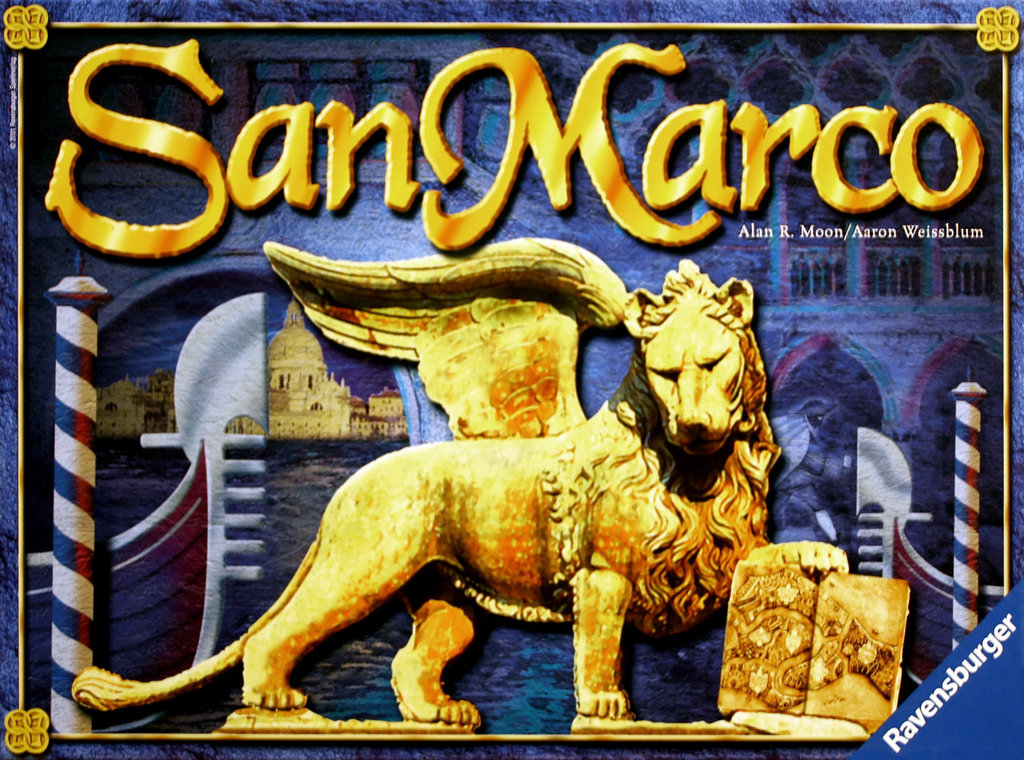

Sam says
It's a really clever game, but you can't plan your turn until it arrives, as the board is constantly changing, so the game can become rather replete with pauses at times. You need to play reactively, but also - if you can - have an overall plan as well so you're not going completely scattergun.